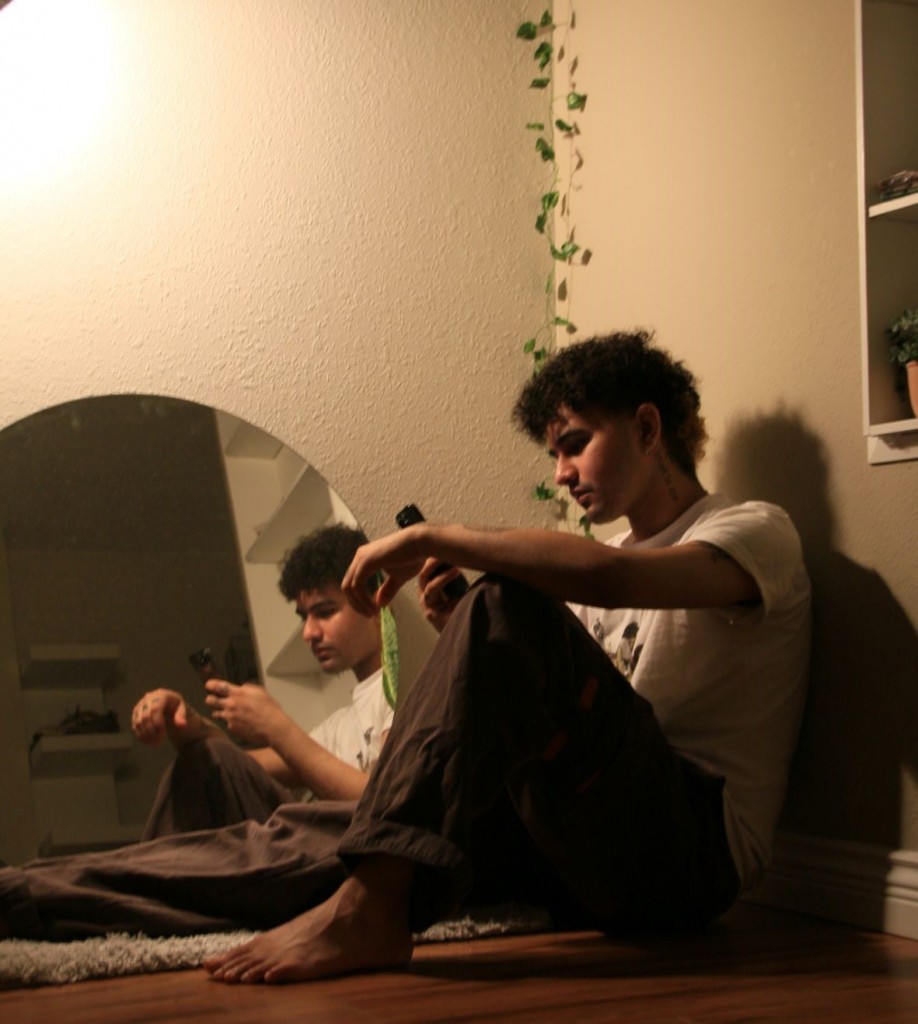
Is thought-out disagreement as valuable as the consensus?
By Craig Allan, Staff Writer
I feel like if you disagree with the consensus, you can be labeled a racist, or a sexist, or any other “-ist” as a scarlet letter against your person.
When people look back on the 2020s, coronavirus will be remembered the most—but, coming in second may very well be the polarization in opinion. Whether on race, government policy, or wearing a mask, there always seems to be two sides to every argument. However, not all sides are accepted equally. When people look to the past, they often talk about it as if it were a bastion of free speech and thoughtful discourse; while that may not be the case all the time, it does come off as a far more bipartisan time. Today though, thoughtful conversations feel distant and the world of opinions seems to be based around knee-jerk reactions that are only respected if the majority deems it so. With that, is there room in 2020 for someone to have an opinion that goes against the consensus?
One example in my life came a couple of months ago when The Simpsons announced that they were no longer going to have white actors voicing characters of colour—voice actors from other shows like Family Guy and Big Mouth also decided they were no longer going to voice characters of colour. There was wide praise for this decision, but I was not in that camp. I disagreed with it for various reasons, including the fact that animation voice staffs are regularly small with many actors doing various voices out of necessity for the show, and voice actors of colour also often represent characters not of their race, like Phil LaMarr voicing Samurai Jack in the show Samurai Jack or James Earl Jones voicing Darth Vader.
With some time and a platform, I know I could put together an argument for this issue that makes my point heard without disparaging the other side or coming off as racist, but I would never do it simply because I don’t feel comfortable going out and making that kind of argument; unfortunately, I have to fear the repercussions. What if I make that argument as best I can, and no one is willing to accept it? What if just mentioning a side not favouring the status quo is found by a future employer who will judge me as possibly racist—despite the points I make? This may seem far-fetched, but I recently read an article about Simpsons voice actor Harry Shearer, who has voiced black characters on the show, stating his disagreement with the move towards requiring only actors of colour voicing characters of colour. As someone who is in the industry, he would be a valuable contributor to this discussion, but one article I read covering his statement referred to Shearer as “voicing an opinion shared by many of his generation.” Why is he labeled as out-of-touch for simply stating his disagreement with an issue that directly concerns him?
I am a person who likes to look over an issue and see all sides of it. The ideal that I formed for myself to live by is this: never believe anything more than 99 percent as that way, your mind is always open to change. Today though, I feel like many people do not have a similar philosophy. I feel like if you disagree with the consensus, you can be labeled a racist, or a sexist, or any other “-ist” as a scarlet letter against your person. I should never fear giving my opinion on something, but I do. It can be difficult, especially with the point I brought up about white actors voicing characters of colour; when it happened, there were a chorus of Twitter- and comment-section-trolls with no research saying things like “Well, I guess you will have to get yellow people to do The Simpsons voices,” or “I guess only an Italian can do Luigi’s voice.” But, if someone does the research and puts together a thought-out opinion that is against the current, I believe that they deserve a platform to be heard without labelling or judgement.

